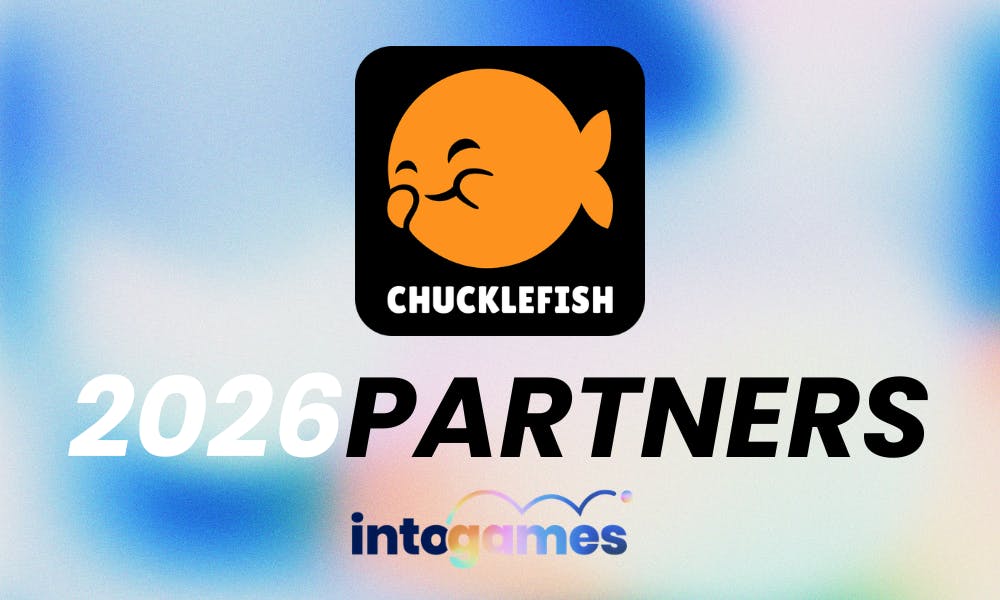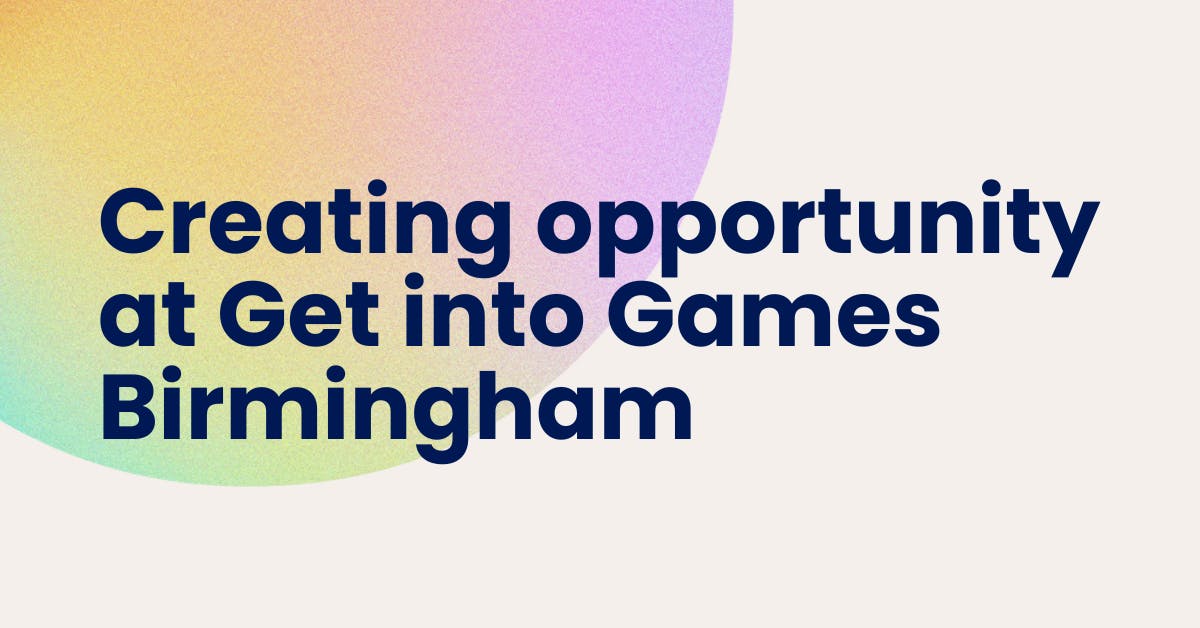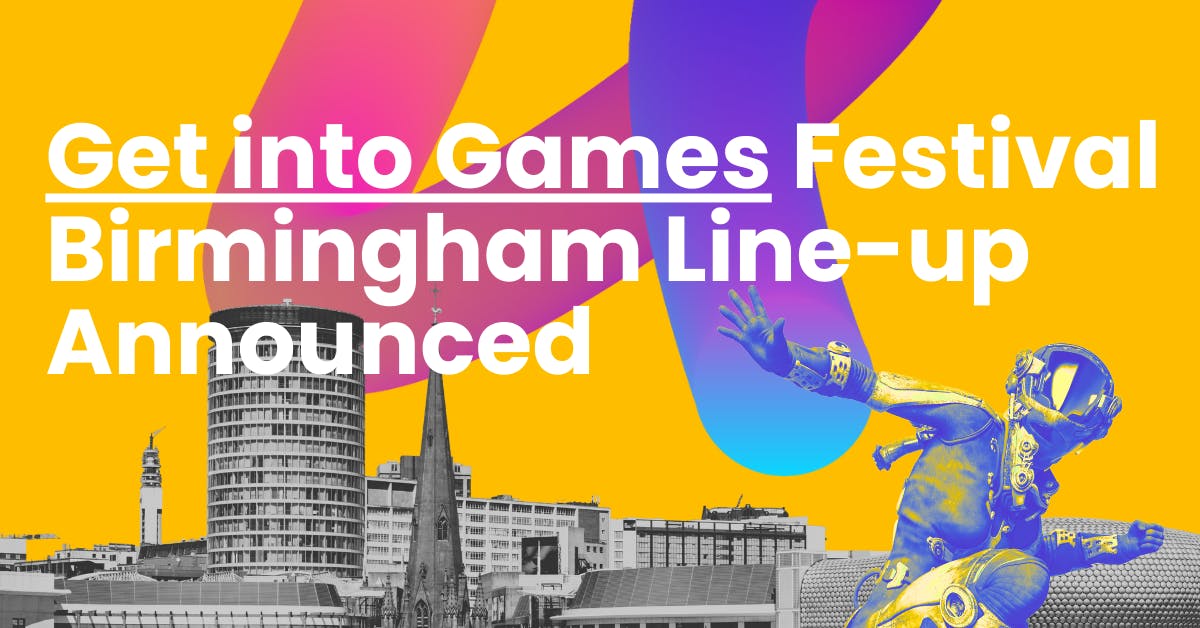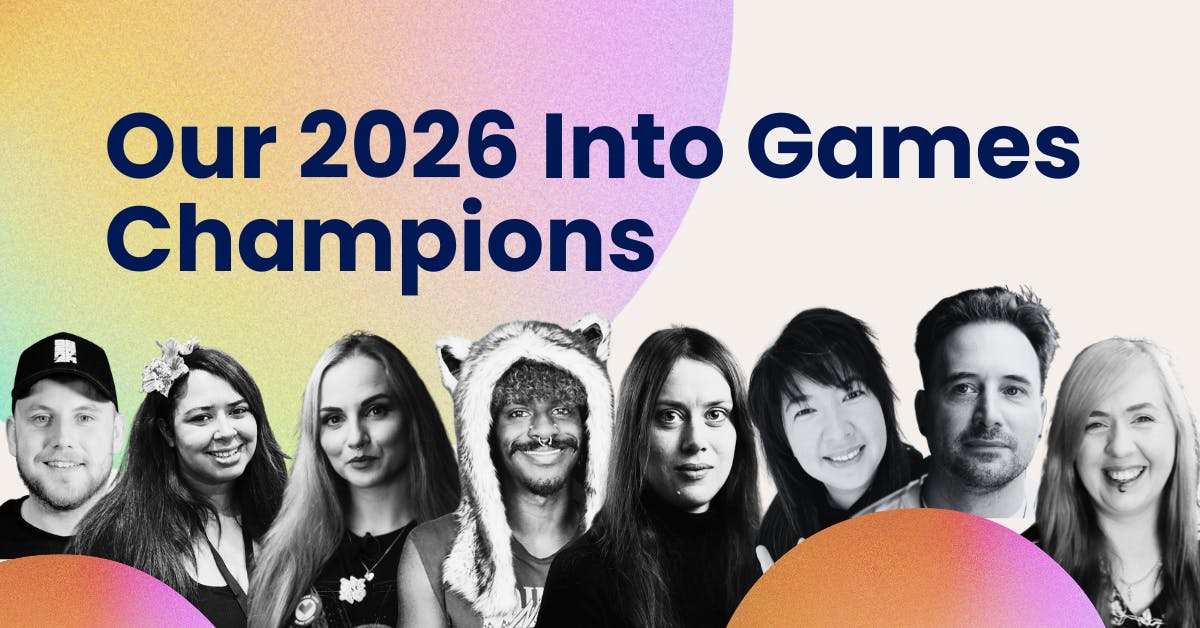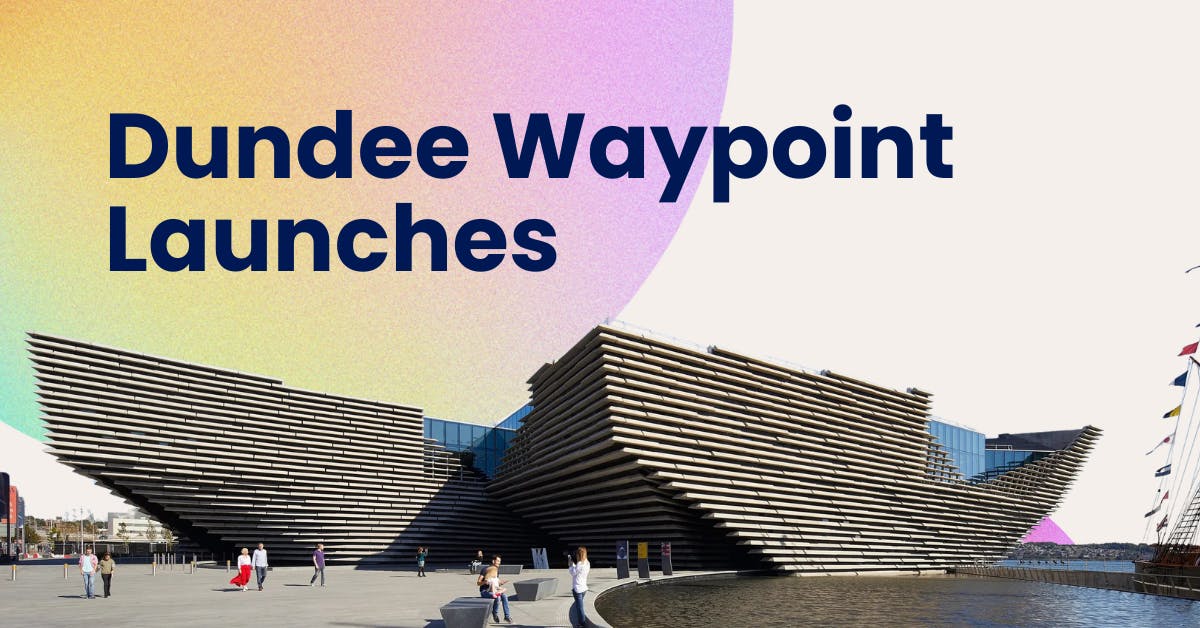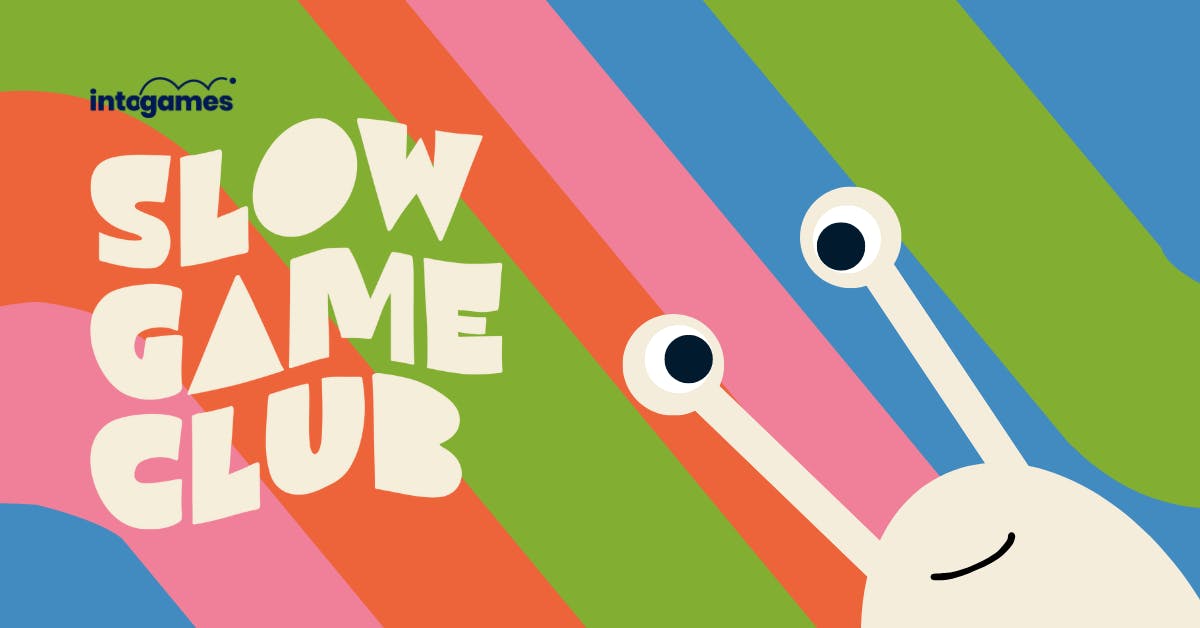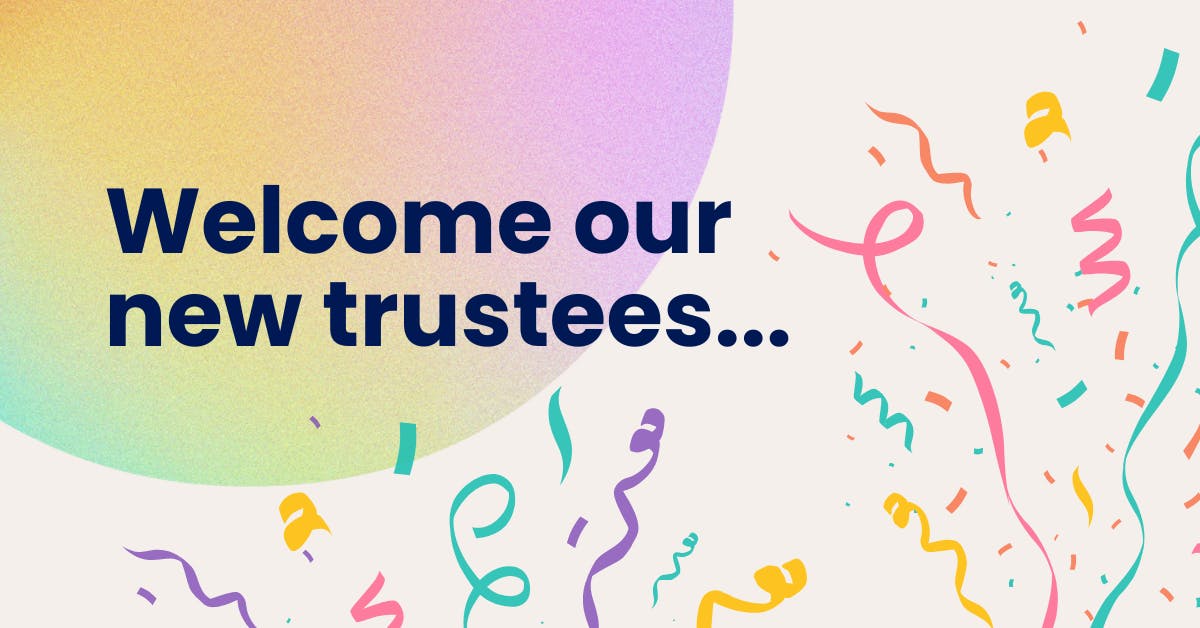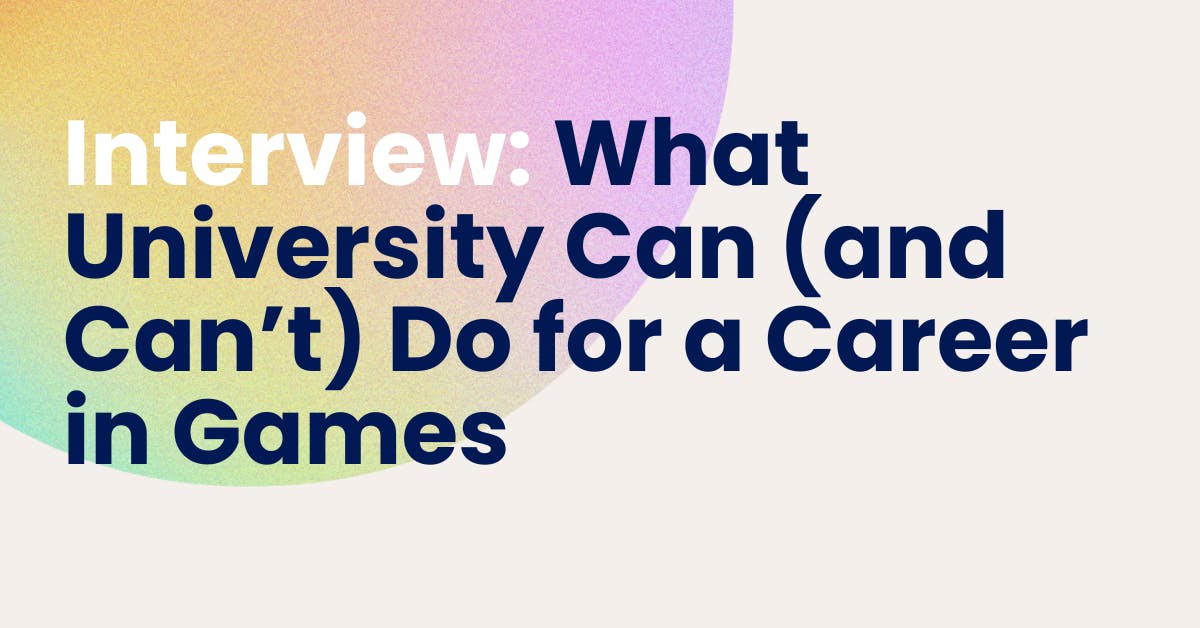
12 October 2020
What does a Video Production Manager in games do?

Aoife Wilson is Head of Video for game journalism website Eurogamer. Throughout her career, Aoife has reported on games for the likes of BAFTA, BBC Radio 1, Channel 4, Sky Atlantic, CNBC, VICE, RTE, BBC Sounds, CBBC, Giff Gaff, BBC Five Live and many more. We asked Aoife, some key questions about getting into the games sector.
Explain your role like I'm 5 years old
I run Eurogamer's YouTube channel. That means, I work together with my team to create daily video content, but it also means thinking about ways to grow and look after our community. It's also about planning ahead and ensuring that my team have everything they need to do their job as best they can - being a team leader is a supporting role. I always want to make sure we aren't just churning out videos, but that we're making videos that we enjoy and that our viewers love. That means those videos should be entertaining, of course, but it's also about introducing our viewers to games and stories that they might not be familiar with yet, staying on top of the latest news and trends.
On top of my full-time role at Eurogamer, I'm also a freelance host, writer and video producer. I present everything from the BAFTA Games Awards red carpet, to my own BBC Sounds podcast This Game Changed My Life, to running D&D campaigns on the official Dungeons & Dragons Twitch channel. I pop up on the BBC pretty regularly too, talking about the latest games releases for BBC Radio 1 and Five Live.
Take us through your average day at work
Emails are usually my first port of call in the morning over coffee, responding to enquiries, working on any potential collaborations, and general channel admin. Alongside that, I'll talk through the weekly schedule with the rest of the video team. We mostly build the schedule around upcoming video embargoes and releases, and then also the games that we're currently enjoying playing. The weekly schedule usually has an even split for us between livestream content and edited videos, so once emails are done, I'll move on to whatever edit project I currently have on the go.
Our video production process will normally include writing a script, recording and cutting voiceover, capturing gameplay content, maybe recording some to-camera links, and then editing all these together, uploading to YouTube and then putting together all the metadata like tags, descriptions and creating a thumbnail. Each step of this process is different for every video! After all that's done, we usually stream together after lunch, so there'll be time spent getting the stream listing ready and then putting together the livestream settings ahead of time - keying your greenscreen, building different scenes in OBS, checking your audio levels. Just like it takes a lot of work to get an edited video up on the channel, it takes a lot of preparation to get a livestream running too - it's almost the same process in reverse!
Once I'm done with a working day on Eurogamer, I often have a bit of work to do in the evenings to prepare for any freelance projects I have. For me, it's really important to make sure I do any job I take on to the best of my ability, and that means being super-prepared for anything extra I have coming up.
What was your educational and career journey into your current role?
I had a bit of a roundabout path into the industry. I studied Film & TV at university and had the chance to do quite a lot of work experience at some pretty big production houses before eventually, I saw an ad to work as a part-time scriptwriter at a production company that exclusively made gaming content for TV. From there, I became a full-time producer and eventually a host too.
After that, I jumped into games media, writing for a few gaming magazines and hosting in a bunch of different places on TV and online before I came to Eurogamer full-time. I'm lucky though that I've been able to keep that flexibility and continually try new things alongside my main job.
What do you love most about your role?
Our community at Eurogamer. They're the ones who drive our content, who continually push us to be better, and they're the most supportive bunch a team like us could ask for. Being a visible content creator online, you can sometimes be subject to a lot of unfair scrutiny as well as constructive criticism, and having lots of lovely folks at your back, letting you know that they enjoy what you do, really helps put everything in perspective.
What's the hardest thing about your role?
That unfair scrutiny I mentioned. That, and the issue of a lot of people thinking your job is easy and they could do it better than you can. There is a perception that being a content creator is just about playing games for fun and posting it to social media, but that's a hugely reductive way to look at what we do.
There are so many facets to our roles, and I guess a part of the job is making it all seem effortless - when some days you're trying to do far too many things at once behind the scenes to keep it all ticking over. I love what I do, don't get me wrong, but to do it well is a LOT of work, and that comes with some stress and pressure. Being creative won't come easily to you every single day, and you need to be ok with that.
What key skills should people work on to do your role one day?
I would say communication and time management are key. You need to be able to balance being a creative and engaging host with, say, putting on your team leader hat and sitting down for a bunch of merch or admin meetings. And sometimes, that means asking for help, or asking if you can move things around so that you aren't under so much pressure and have a little bit of breathing room between each appointment.
Working as part of a small team, it's so important that we communicate effectively and that everyone feels supported and able to ask for help when they need it. It also means that good time management can make things so much easier for you in the long run. We might have lots of different engagements in any given week - from streams, guest appearances on other channels, media appearances, panel speaking and so on - and having spreadsheets/calendars to track it all is an absolute must!
What advice would you give to your younger self looking to get started in the industry?
Go out there and do it! The amazing thing about content creation is that pretty much anyone can set up a YouTube or Twitch channel, and practice really is the only way you're going to get better and build a following. That said, try and figure out what it is you can offer that no-one else can. Is it your sense of humour or your expert knowledge on a certain genre of games? Is it speed-running? Is it building a welcoming and inclusive environment for your fans? Find out what your unique selling point is, and try to build on that going forward. And never forget to have fun!
Stay up to date
It's time to level up your inbox
Pick which newsletters you're interested in receiving, and customise further by specifying a discipline.
Join our mailing listTell me more
